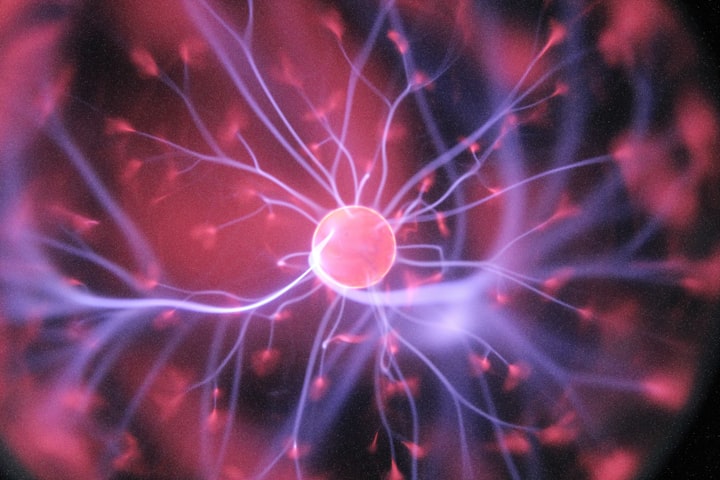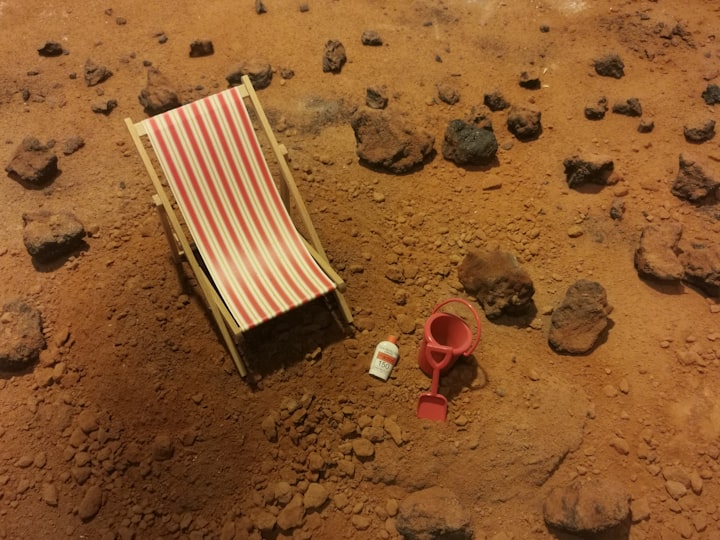
Science is a systematic and evidence-based approach to understanding the natural world. It involves the observation, measurement, experimentation, and analysis of phenomena in order to develop theories and models that explain how things work. Science has led to some of the most significant advances in human history, from the discovery of electricity to the development of vaccines and antibiotics. In this essay, I will discuss the importance of science, its role in society, and some of the major scientific breakthroughs in recent history.
The Importance of Science
Science is essential to our understanding of the world around us. It has led to advancements in technology, medicine, and agriculture that have improved the quality of life for millions of people. Science is also important for addressing some of the biggest challenges facing humanity, such as climate change, disease, and poverty. By studying the natural world, scientists are able to develop new solutions to these problems and improve the lives of people around the world.
One of the key strengths of science is its emphasis on evidence. Scientists use rigorous methods to collect and analyze data, and their conclusions are based on empirical evidence rather than subjective opinions. This makes science a reliable source of knowledge that can be tested and verified by others.
Science and Society
Science has a profound impact on society. It shapes our understanding of the world and influences our daily lives in countless ways. Advances in science have led to improvements in healthcare, transportation, communication, and many other fields. Science has also played a crucial role in shaping public policy, from environmental regulations to public health initiatives.
However, science is not always free from controversy. Scientific discoveries can challenge long-held beliefs and values, and they can be used to justify both positive and negative actions. For example, the discovery of DNA has led to significant advances in forensic science and medicine, but it has also been used to support eugenics and racial discrimination. It is therefore important for scientists to be aware of the potential ethical implications of their research and to engage in thoughtful and responsible dialogue with the public.
Breakthroughs in Science
There have been countless scientific breakthroughs throughout history, but some stand out as particularly significant. Here are just a few examples of major breakthroughs in recent history:
DNA sequencing: The sequencing of the human genome in the early 2000s has revolutionized the field of genetics and opened up new avenues for understanding and treating genetic diseases.
Quantum mechanics: The development of quantum mechanics in the early 20th century has led to significant advances in physics, including the development of the atomic bomb and the creation of new materials and technologies.
Climate change: The scientific consensus on climate change has led to increased awareness of the importance of reducing greenhouse gas emissions and developing new technologies to mitigate the effects of climate change.
CRISPR: The development of the CRISPR gene-editing tool has the potential to revolutionize medicine by allowing scientists to edit genetic material with unprecedented precision.
Artificial intelligence: Advances in artificial intelligence and machine learning have led to new applications in fields such as healthcare, finance, and transportation, and have the potential to transform many aspects of society.
Conclusion
Science is a powerful tool for understanding the natural world and improving the lives of people around the world. It has led to some of the most significant advances in human history and has the potential to address some of the biggest challenges facing humanity. However, it is important for scientists to be aware of the potential ethical implications of their research and to engage in responsible dialogue with the public. By working together, scientists and society can continue to advance our understanding of the world and improve the quality of life for all.
About the Creator
Sujal
Hey guys i am here to bring amazing stories to you.The stories produced by me are of all kind which could bring fascinating ideas and would also build confidence among yourself.





Comments
There are no comments for this story
Be the first to respond and start the conversation.